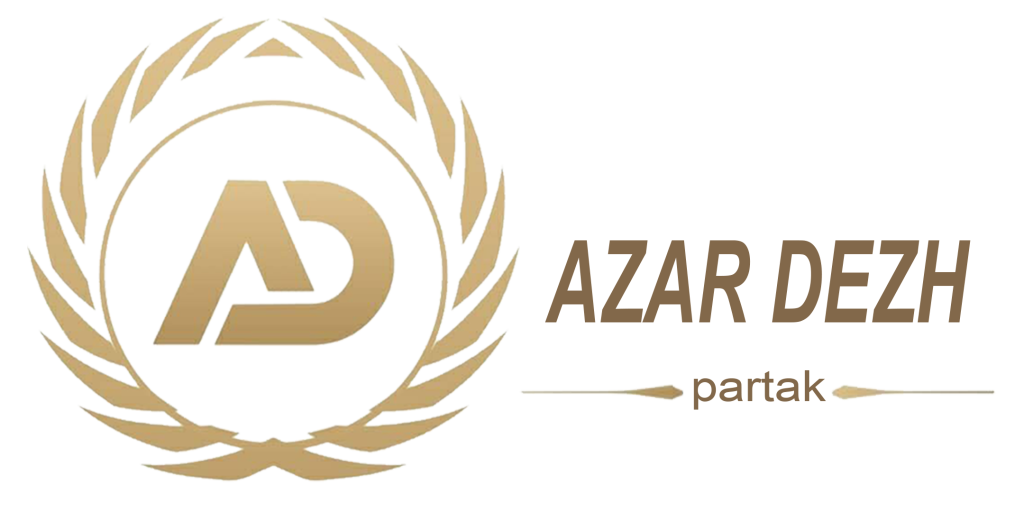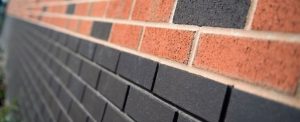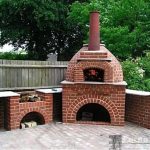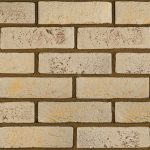No products in the basket.
What is brick-faced tile

Views: 2
What is brick-faced tile?
In the past decades, firebrick (Firebrick) due to its high heat resistance property
It was used in places such as covering industrial furnaces or fireplaces
Today, however, the use of firebrick has gone beyond furnaces and has been welcomed as one of the most widely used
building materials in other industrial and architectural cases.
As one of the most popular materials in the world and a reliable source of sustainable construction materials,
refractory brick is famous for its high strength and reliable investment potential. The quality structure,
orderliness, comfort and attractive and permanent appearance of a building with a firebrick facade will preserve
this building for your family and for future generations of this family. In the following, you will learn more
about the features of fireproof tiles.
Due to the variety of colors, appearance, quality and high resistance of brick tiles, as well as their competitive
and suitable price in the market, over time, it has occupied a special place in the construction industry. .
Tile bricks can also be used in a dual-purpose way. This means that they can be used both on the exteriors
of buildings and on the inside, in the interior decoration of buildings, restaurants, coffee shops, etc.
These bricks are available in different dimensions and sizes in the market, the dimensions of which
are 20 x 80 x 3 cm, and you can use 6 Tile 20 bricks per square meter.
Features of brick-faced tile:
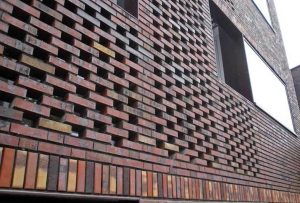
Brick and tile is another high-quality and original material for working on the interior and exterior of
the building. Today, all over the world, brick and tile are used to design facades. From the past until now,
engineers and architects benefit from brick and tile in creating exterior and interior facades of buildings.
The use of tile bricks in the interior and exterior facades of buildings, while elegant and beautiful,
have high durability.
Due to the variety of colors, appearance, quality and high resistance of brick tiles, as well as their competitive
and suitable price in the market, over time, it has occupied a special place in the construction industry.
Features of brick-faced tile:
Refractory tile that optimizes energy consumption
For optimal heating energy in winter and cooling in summer, brick is fully combined with passive building design
system in order to effectively use natural and available energy resources. The precision of its building materials
balances the temperature of the building and reduces the amount of energy consumption in order to create comfort
and save costs all year round.
The maintenance cost of refractory tiles is very low
Thick white refractory brick does not need painting or other necessary methods to preserve and maintain
the aesthetics and increase the life of the facade of the building. The facades of such buildings are called
permanent facades because even after 50 years they are still strong, reliable and without maintenance costs,
which saves the cost and time needed to maintain the building in ideal conditions. compared to other materials.
Fireproof tile has a very high resistance
Refractory bricks are made of refractory materials that have high resistance to heat and maintain their physical
and chemical properties at high temperatures. In addition to high thermal resistance, bricks produced from
refractory materials are also very resistant to damages such as the effects of chemicals, mechanical loads,
blows, etc. This brick is a type of brick with a fine, orderly and dense molecular structure, and this structure
makes it have the necessary power at high temperatures. Chinese clay is used in making refractory bricks.
This soil consists of refractory minerals and heats up to more than 1500 degrees Celsius and is used in today's
facade construction.
Advantages of using fireproof tiles
Impressive and unique beauty, resistance to heat and high temperature, sound insulation, low and light weight,
high strength and resistance, lasting and durable, convenient and suitable connection with the structure,
the possibility of using broken and semi-broken clays In the building, variety in size and size, insulation
against cold and heat
Resistant to erosion and sagging of the facade, no need for squeegees and retainers, high diversity in application
and layout patterns, no dandruff or bleaching of the facade, environmentally friendly, no need for special tools
at the time of implementation, natural and stable color Against the sun's rays, consistent with the art of Iranian
architecture, fire resistance, impact and scratch resistance, low water absorption.
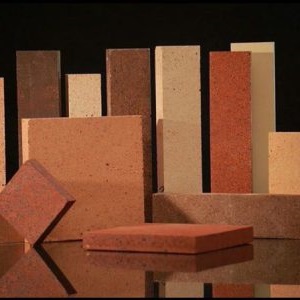
To know about the conditions and price of refractory bricks, click on the login link
مقالات
What is brick-faced tile
- 2 January 2024
Azar Dej refractory black brick
- 31 December 2023
English Brick, Azardezh
- 6 December 2023
Azardezh façade brick company
- 28 October 2023
Firebrick
- 27 October 2023
اطلاعات تماس
- اصفهان – ملک شهر – خیابان بهارستان غربی – مجتمع چهل ستون – دفتر آجر نسوز آذر دژ
- 09134773962
- info@azardezhajor.com
ساعات کاری
شنبه
8:00 تا 19:00
8:00 تا 19:00
یک شنبه
8:00 تا 19:00
8:00 تا 19:00
دو شنبه
8:00 تا 19:00
8:00 تا 19:00
سه شنبه
8:00 تا 19:00
8:00 تا 19:00
چهار شنبه
8:00 تا 19:00
8:00 تا 19:00
پنج شنبه
8:00 تا 13:00
8:00 تا 13:00
جمعه
تعطیل
تعطیل
